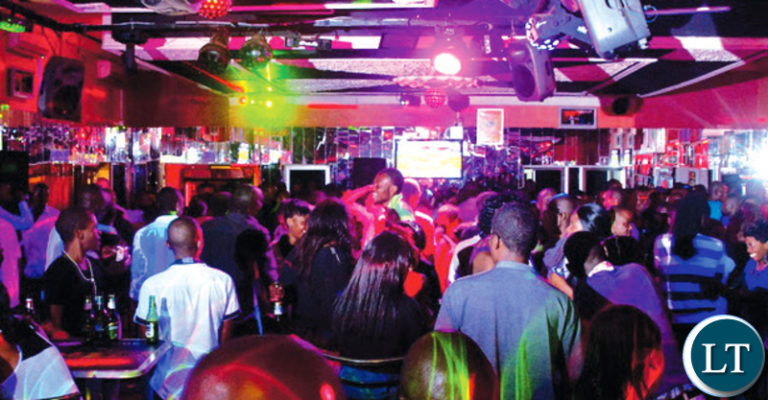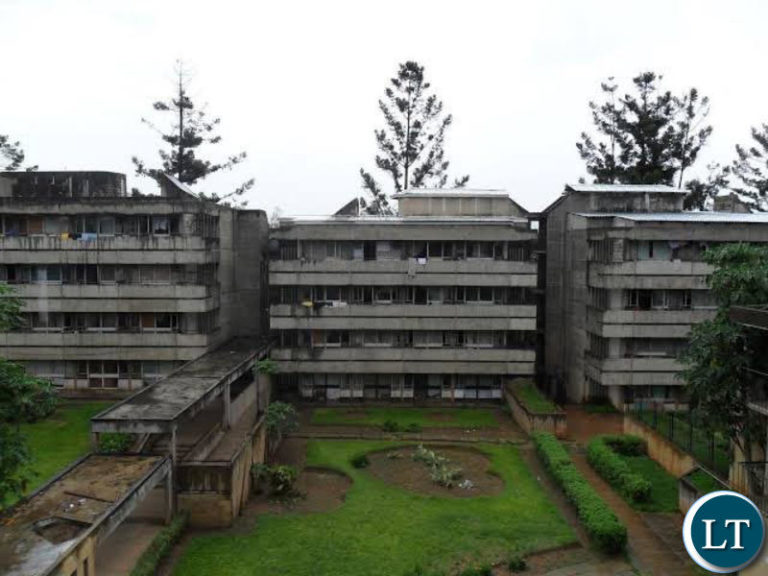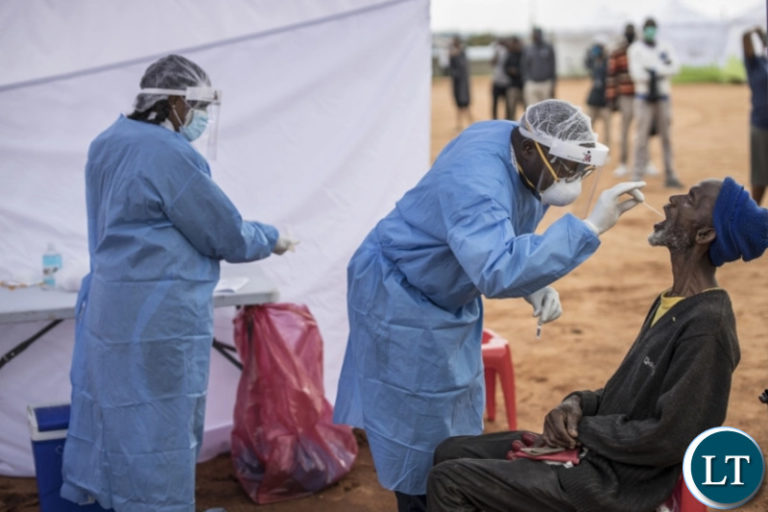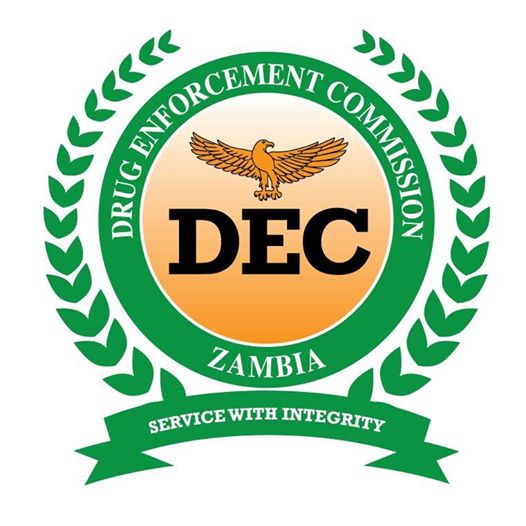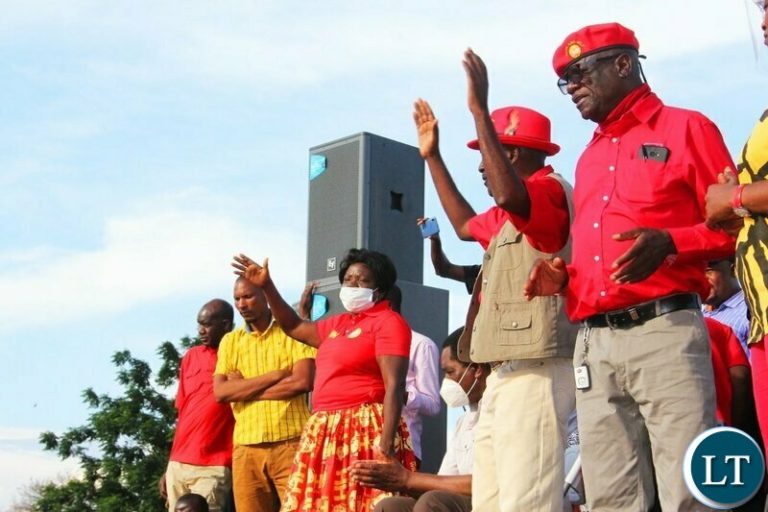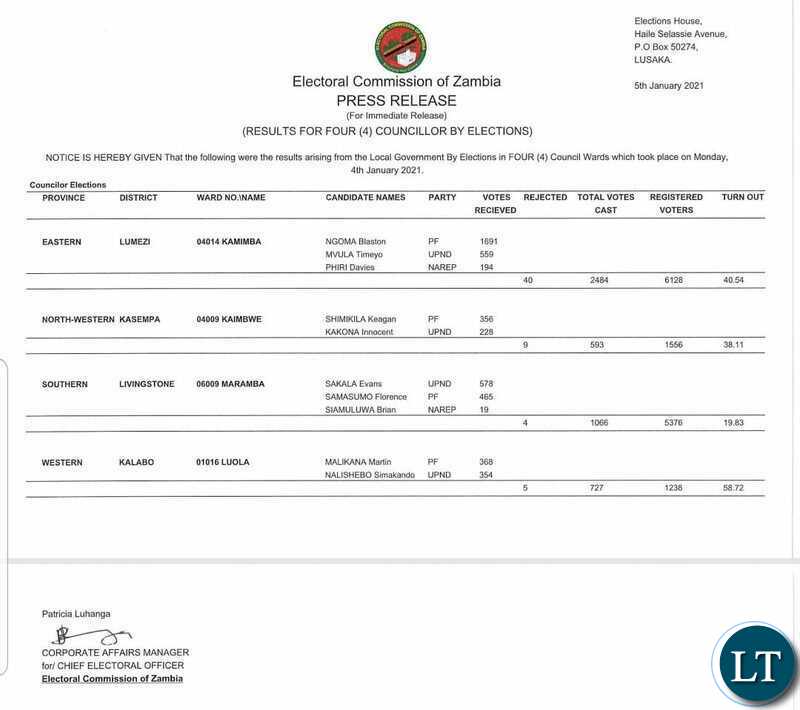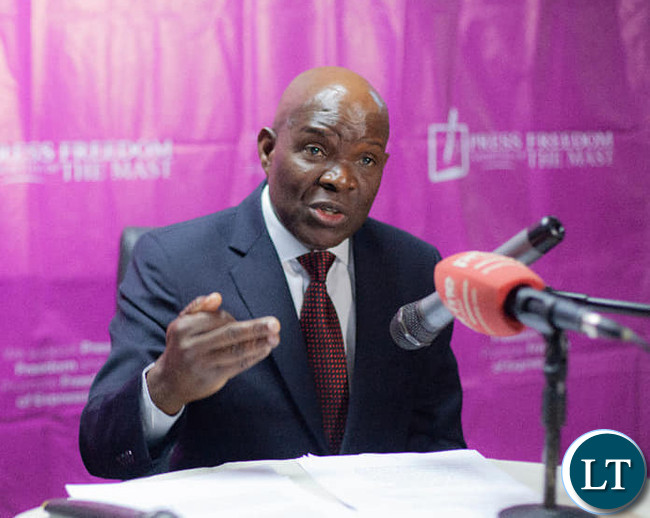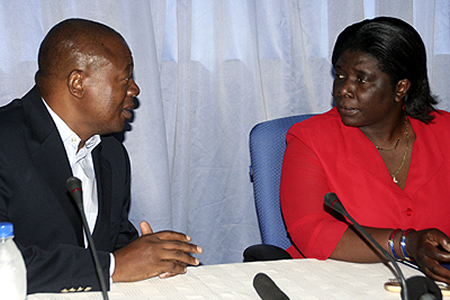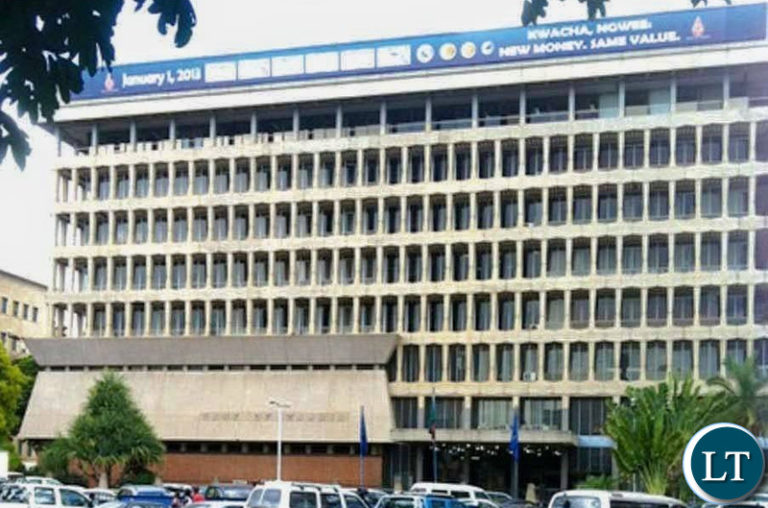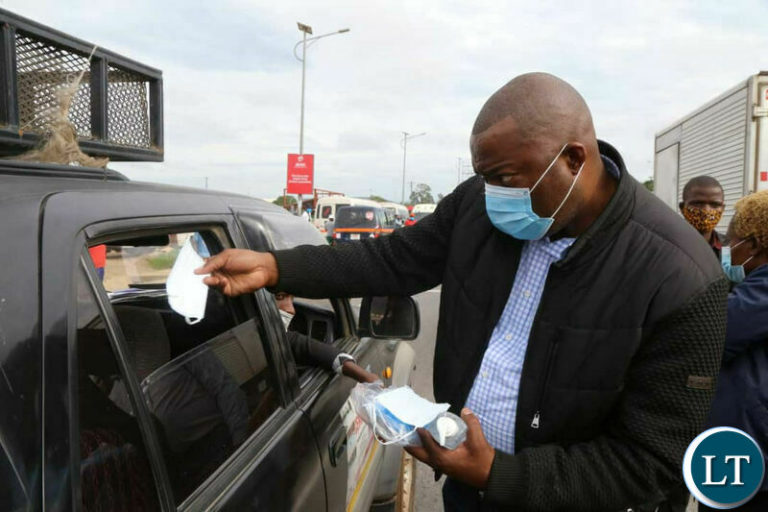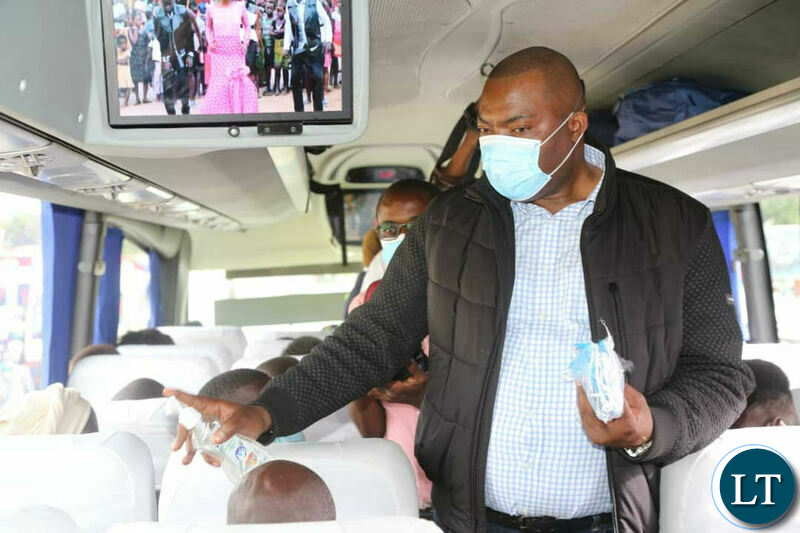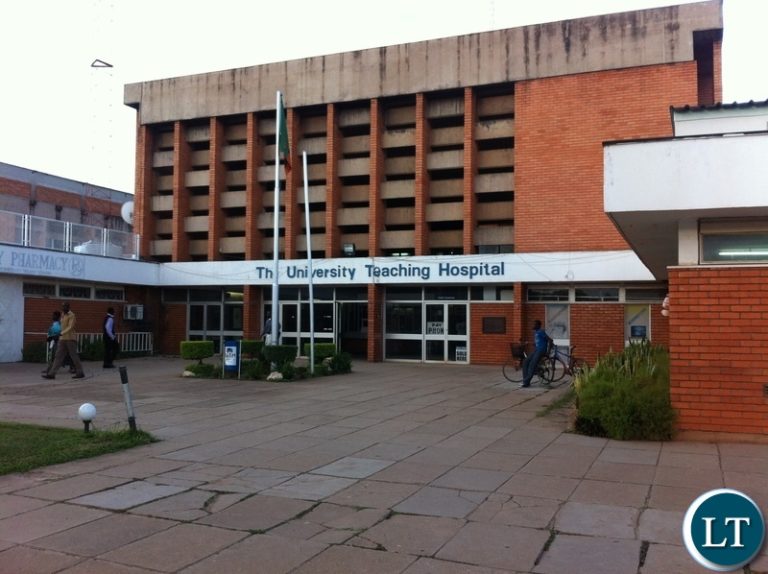About 4,339 people died before reaching the University Teaching Hospital between June and November last year.
That figure represents a big rise from the 3,117 recorded over the same period in 2019.
Now Zambian health officials are grappling with a wave of dead-on-arrival cases at the country’s main referral hospital.
The spike in cases may be related to residents not following Covid-19 guidelines, as well as to widespread misconceptions about the virus.
“We have recorded an increase in the number of Brought-In-Dead (BID) cases,” says Professor Lloyd Mulenga, Director of infectious diseases at Zambia’s Health Ministry.
According to Professor Mulenga, UTH recorded 4,339 BID cases from early June to early November as compared to 3,711 in the same period in 2019.
The people arriving dead at the hospital died from a variety of causes, not only Covid-19.
But Professor Mulenga said the spike may be related to the pandemic, reflecting a failure of many residents to comply with Covid-19 prevention measures.
As of mid-December 2020, Zambia had a total of more than 18,400 Coronavirus cases, of which 367 ended in death, according to www.worldometers.info, an independent statistics portal.
Covid-19 infections continue to rise, with many patients suffering from other diseases alongside Coronavirus.
The increased number of dead-on-arrival cases may be related to a growing tendency to self-medicate against Covid-19, in addition to failing to follow recommended preventive measures.
“In hopes of fighting the virus, many Zambians are using drugs that were developed to combat other diseases, or are taking “various herbal concoctions,” Professor Mulenga says.
“This undermines medical efforts to control the virus and prevent new infections.”
Dr. Nyambe Mukubesa, a resident doctor at the Ministry of Health, confirms that assessment
“Many citizens are abusing malaria drugs and other medicines to treat Covid-19, without seeking medical advice,” he says.
“So a surge in new cases is likely to remain a worry.”
Those views are confirmed by a survey of 1,035 Zambians carried out in March and April 2020 by Ipsos, the Paris-based market research and consulting firm.
The survey shows widespread misconceptions about the virus.
“Approximately half believe that Covid-19 can be prevented by drinking lemon juice and Vitamin C (54 %), or that a hot climate prevents the spread of the virus (49?%),” Ipsos says in a report titled “Responding to Covid-19: Highlights of a Survey in Zambia”.
In addition, the Ipsos report states: “One in four think Covid-19 can be cured with garlic (25?%), and sizeable minorities believe that Africans can’t get it (15%), or that drinking bleach cures it (9?%).
Some misconceptions cause needless anxiety.
“I used to think that the virus only affects the elderly or those with underlying health ailments,” says Mercy Chilongo, 33, who had Covid-19 and recovered from it. “When I got Covid-19, I believed it was the end of me.”
In some cases, people have correct information about preventing infection, but cannot comply. According to Ipsos, social distancing may prove very difficult in a country where many people do not have separate rooms to isolate infected family members.
But many prevention measures are within the control of residents, who nonetheless are not using them. “The improper wearing of face masks, with citizens dropping the masks when talking or wearing their masks on their chins, or not observing physical distancing, is a battle we continue facing,” says Health Minister Dr. Chitalu Chilufya.


